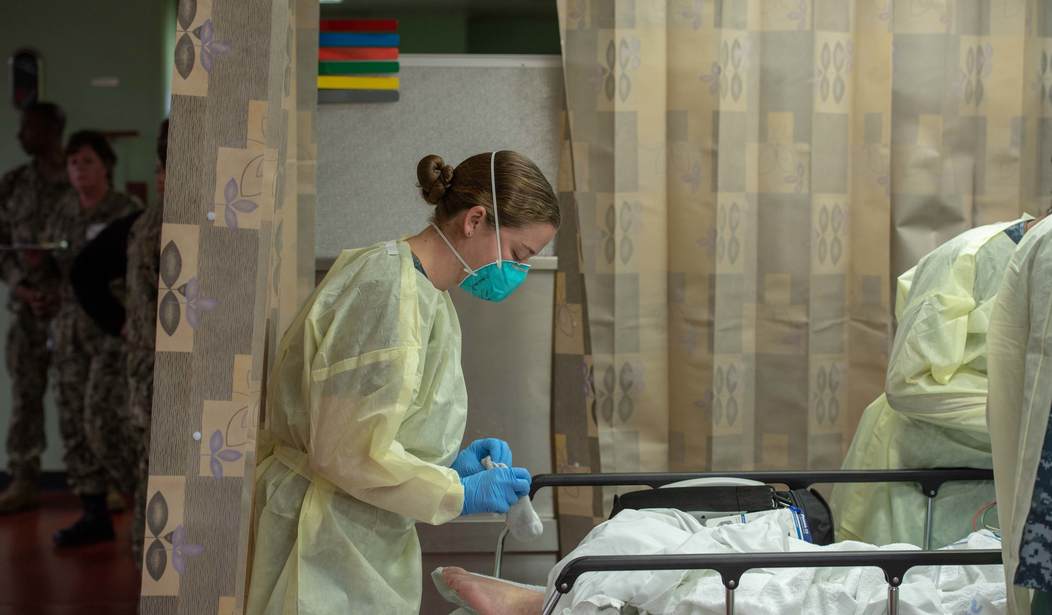The majority of state leaders deserve immense praise in their handling of the COVID-19 pandemic. Though doing so had to have been incredibly difficult, they bravely and rightfully decided to close schools, offices, and establish shelter-in-place orders in the absence of federal direction.
There is, however, one more thing they must do to further safeguard the health and wellness of their communities. That thing is following in the Center for Medicare and Medicaid Services’ footsteps and prospectively paying physicians to continue delivering care for the duration of this pandemic.
The need to do so should be self-evident, but because too few people know how our healthcare system operates, and more importantly how their health benefits plans drive healthcare dysfunction, this critical action item has been unfortunately overlooked.
It all comes back to our fee-for-service foundation, through which physicians are billed for each and every service or procedure rather than a lump sum to provide superior care – regardless of how many tests, minutes, or visits that might require. Employers’ health benefits plans, through which nearly 160 million Americans get coverage, are designed in accordance with this system – especially if they’re purchased from old-line carriers.
This approach, coupled with COVID-19, is devastating family and primary care practices all across this county. Appointments and elective procedures are getting canceled left and right, and as a result, millions of physicians – who, you would think, should have no problem paying the bills during a pandemic – are now having to furlough employees and consider permanently closing shop.
Recommended
State officials cannot allow this to happen. Family and primary care physicians – especially ones that are value-based – are the bedrock of community health and wellness. They are well suited to serve a wide variety of population needs, and because they can develop relationships with their individual patients, these physicians can know better than urgent care and other point-in-time providers what underlying circumstances could be contributing to someone’s condition.
What’s happening right now is all the more reason to protect and support these physicians. Skipping primary care completely, many Americans fearing they may have COVID-19 flood already overwhelmed ER Departments; exposing themselves if they weren’t already sick, and/or sickening more citizens and clinicians in the process.
To not only ensure this never happens again but also that we don’t come out of this crisis even worse off than we were before it began, state leaders – who also happen to be some of the nation’s largest employers – must keep leading the charge. They must build upon CMS’ recent action by looking at what they paid for primary care services the year prior and prospectively paying the same amount this year. Because most are already self-insured, meaning they pay for their employees’ medical expenses in the absence of a traditional carrier, they already have the freedom to do so.
This “Primary Care Marshall Plan” is a solution state leaders should immediately act on. It’s also the first step toward something state leaders should do once the dust starts to settle, which is to more closely scrutinize their annual healthcare spend and redesign their plan to save more, plus provide more value to their employees. The open source Health Rosetta blueprint outlines one approach that has proven to save at least 20% off prior spending.
Again, many state officials have done a tremendous job taking whatever measures necessary to save local lives. For that, I commend them, and in the same breath beseech them to make saving family and primary care practices their next priority. Their state, and ultimately our country, depends on it.
Dave Chase is co-founder of Health Rosetta, which aims to accelerate the adoption of simple, practical, nonpartisan fixes to the U.S. health care system, and author of “The CEO’s Guide to Restoring the American Dream” (Health Rosetta Media, September 2017).

























Join the conversation as a VIP Member